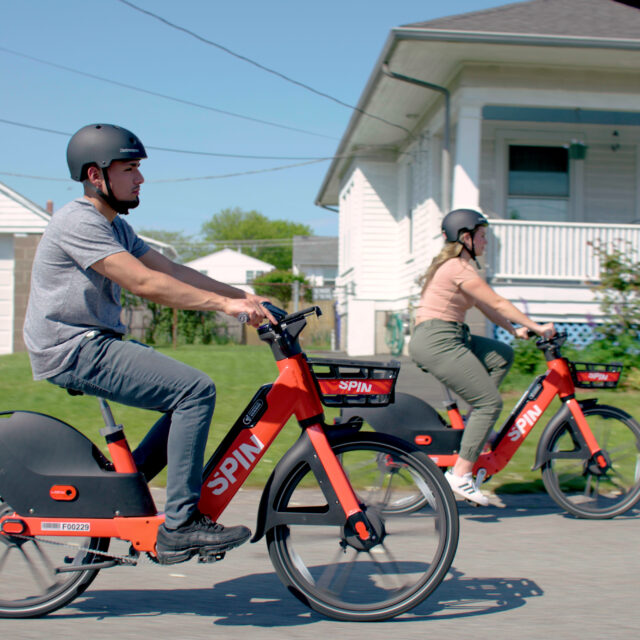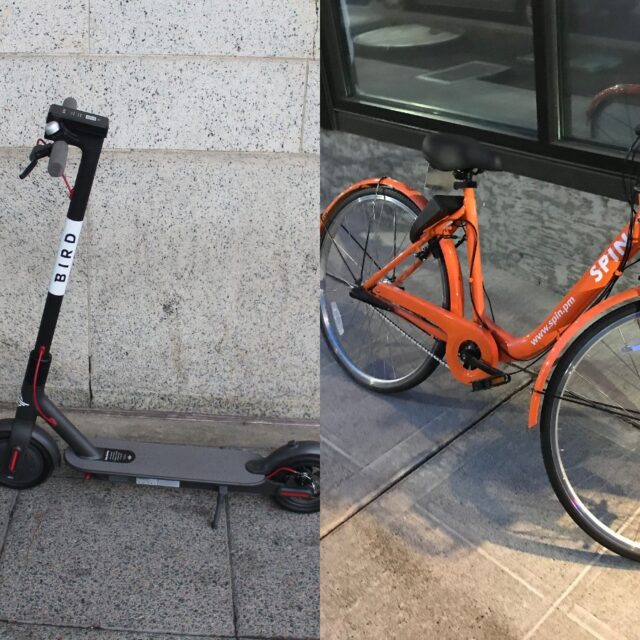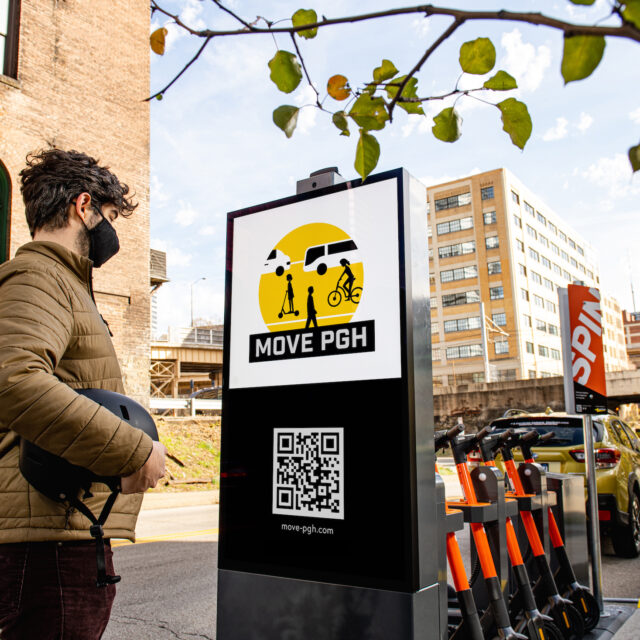Spin Is Undergoing Major Restructuring
by Kiran Herbert, Communications Manager
January 14, 2022
The shared micromobility operator announced that it will exit nearly all open permit markets globally to accelerate its path to profitability.
 In the last few years, Spin, the scooter and bike share company, has grown a lot, with a footprint that currently includes more than 70 markets around the world. On January 7, however, Spin CEO Ben Bear announced a comprehensive restructuring in order to improve its bottom line. The decision means that the company will exit nearly all open permit markets where there’s a lack of regulations or cities without a limit on the number of vendors allowed to operate. Bear cited “a few U.S. markets,” along with Germany, Portugal, and possibly Spain as places where Spin will begin winding down operations in the next few weeks.
In the last few years, Spin, the scooter and bike share company, has grown a lot, with a footprint that currently includes more than 70 markets around the world. On January 7, however, Spin CEO Ben Bear announced a comprehensive restructuring in order to improve its bottom line. The decision means that the company will exit nearly all open permit markets where there’s a lack of regulations or cities without a limit on the number of vendors allowed to operate. Bear cited “a few U.S. markets,” along with Germany, Portugal, and possibly Spain as places where Spin will begin winding down operations in the next few weeks.
“We found that these free-for-all markets create an uncertain operating environment—marked by frequent changes in [the] competitive landscape, no caps on fleet sizes, and race to the bottom pricing,” says Bear. “Most importantly, we aren’t able to offer the type of reliable high-quality service we pride ourselves on to our riders and city partners.”
Instead, Spin is simplifying its business by focusing on limited vendor markets in the U.S., Canada, and the United Kingdom. The aim is to focus its work in cities and on campuses where partners are selected through a competitive procurement process. In such markets, Spin sees double the revenue per vehicle compared to open permit markets. Spin was acquired by Ford in 2018, before rapidly scaling up its fleet and expanding to Europe. In order to become profitable in a competitive landscape, though, the company is scaling back operations to focus on quality over quantity.
Part of Spin’s mission is to get “more people in the bike lane,” and the company prides itself on being a good partner for cities when it comes to expanding equitable access to shared micromobility. From its inception in 2017, Spin has always had a basic low-income program — Spin Access — but over the years it’s doubled down on its investment in this space, with user surveys, internal audits, educational initiatives, infrastructure grants, and research. Spin is also one of the few shared micromobility companies in the U.S. that run operations with in-house, W2 employees rather than outsourced contractors.
Unfortunately, the recent restructuring means that about 25% of Spin’s staff will likely be out of a job. “This decision to restructure impacts roughly a quarter of our staff,” says Bear, noting that affected employees will be offered severance packages and “an additional stipend that may be allocated for outplacement services.”
It’s hard to say what the larger equity implications of Spin’s decision to restructure will be. Is it better to have more competition in markets (and thus provide more jobs and services for low-income individuals while driving down prices), or to limit competition so that companies can invest more in outreach and engagement and other equity-focused efforts? Ultimately, cities still have the largest role to play when it comes to equity, by regulating deals that hold providers to specific standards while still allowing them to profit. By putting traditionally underserved populations at the heart of our contracts, stipulations, and strategic plans, the more likely we are to increase access for everyone and see a groundswell of positive change.
The Better Bike Share Partnership is funded by The JPB Foundation as a collaboration between the City of Philadelphia, the National Association of City Transportation Officials (NACTO) and the PeopleForBikes Foundation to build equitable and replicable bike share systems. Follow us on Facebook, Twitter and Instagram or sign up for our weekly newsletter. Got a question or a story idea? Email kiran@peopleforbikes.org.



